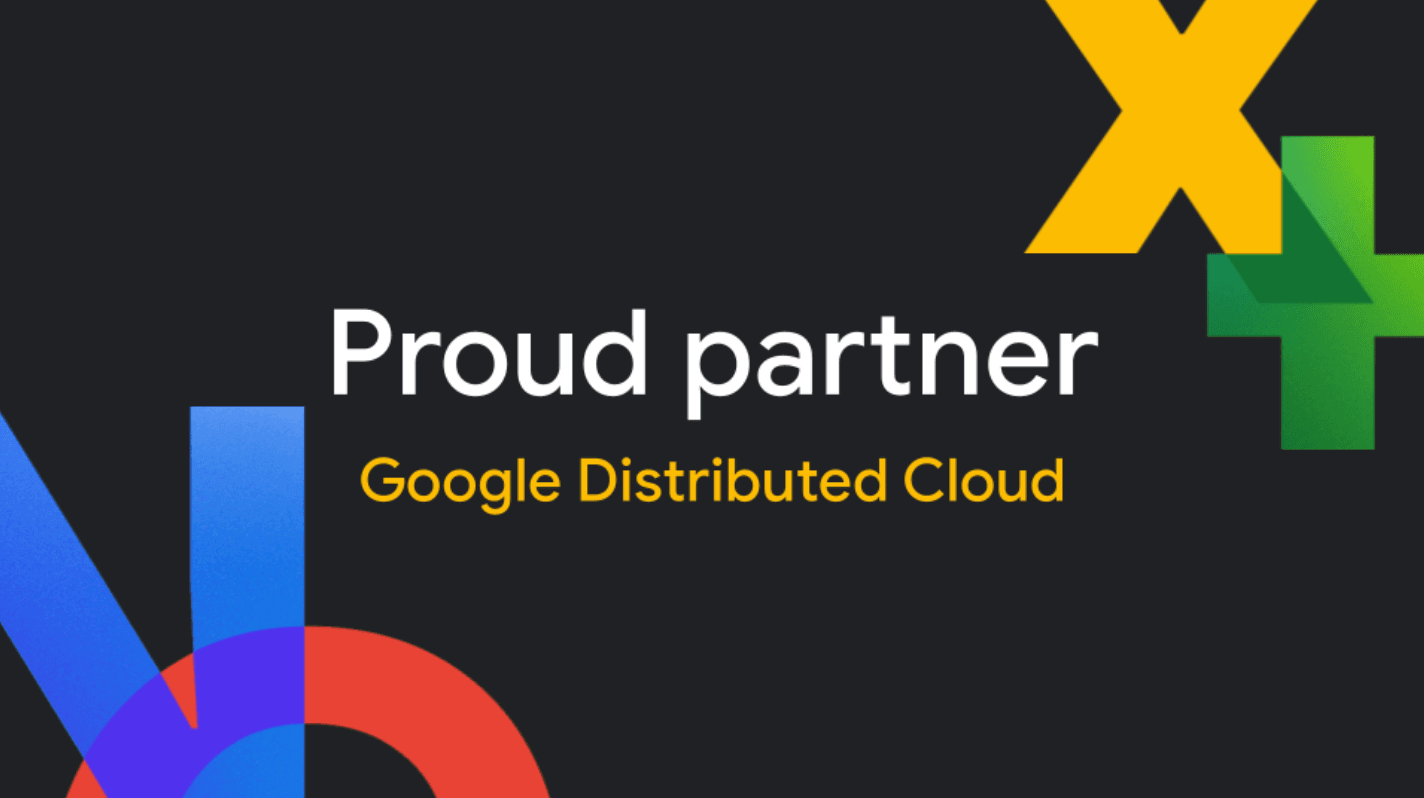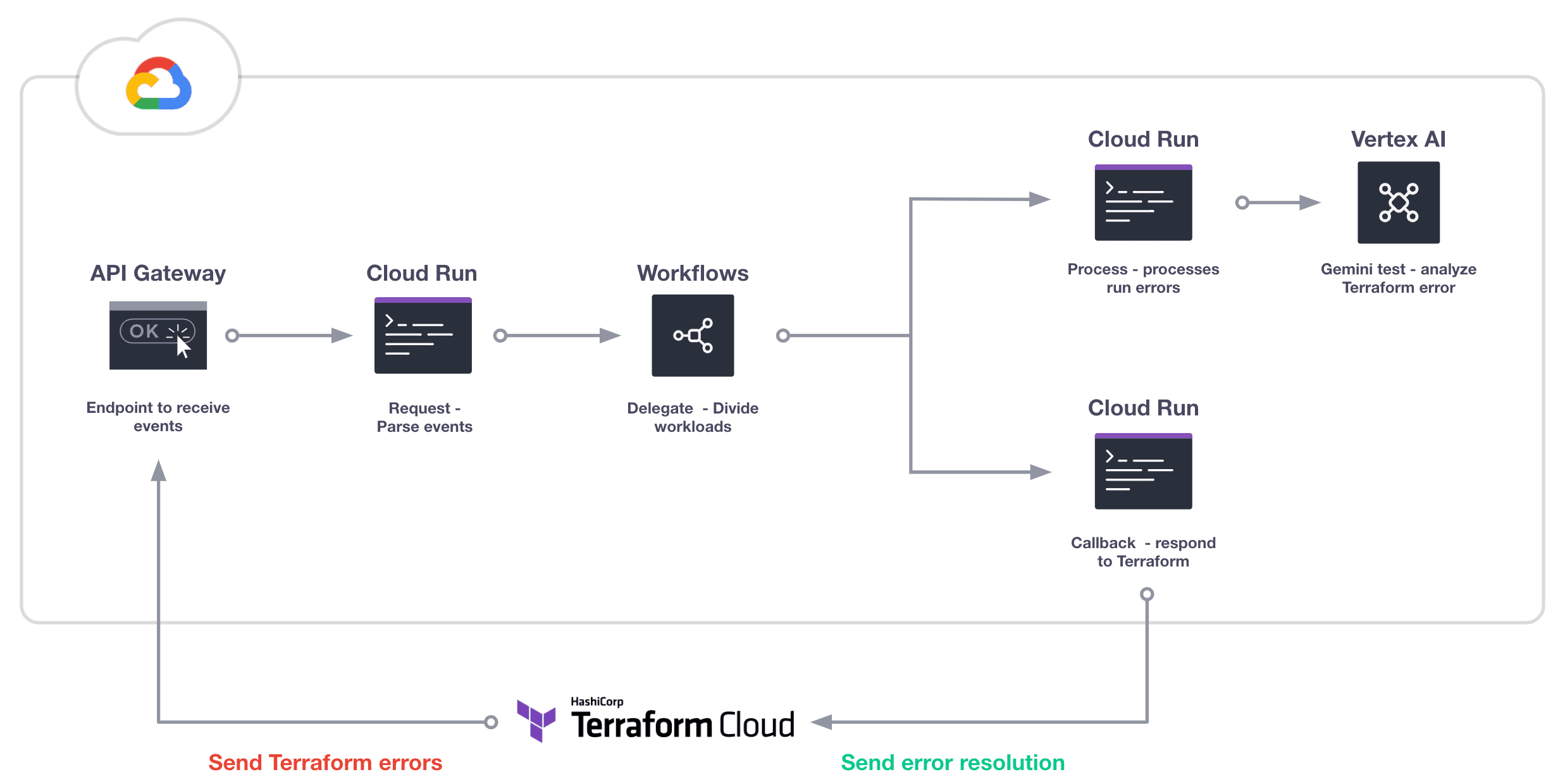Google Cloud's flagship cloud conference — Google Cloud Next — wrapped up April 11 and HashiCorp was fully engaged with demos, breakout sessions, presentations, and experts at our lively booth. This post shares announcements from the event and highlights recent developments in our partnership.
HashiCorp and Google Cloud help organizations control cloud spend, improve their risk profile, and unblock developer productivity for faster time to market. The strength of our partnership can be seen in this recent milestone: The Google Cloud Terraform provider has now surpassed 600 million downloads. The sheer scale of that number demonstrates that HashiCorp technologies underpin a significant portion of Google Cloud services and provide developer-friendly ways to scale infrastructure and security.
HashiCorp-Google Cloud developments on display at Google Cloud Next include:
Partnership update:
- HashiCorp joins the new Google Distributed Cloud partner program
Product integrations:
- Secrets sync with Google Cloud Secrets Manager
- Terraform Google Cloud provider-defined functions
- Consul fleet-wide availability on GKE Autopilot
Presentations, demos, and webinars:
- On the floor at Google Cloud Next
- Scaling infrastructure as code with Terraform on Google Cloud
»Partnership update
HashiCorp joins the new Google Distributed Cloud partner program

At Google Cloud Next, Google announced that customers can now take advantage of an expanded marketplace of independent software vendors (ISVs) with the Google Cloud Ready — Distributed Cloud program. The new program works with partners to validate their solutions by tuning and enhancing existing integrations and features to better support customer use cases for GDC, which can help identify software solutions that are compatible with GDC more quickly. HashiCorp is part of a diverse group of software partners that have committed to validating their solutions in this program.
Read Google’s blog post to learn more about the program.
»Product integrations
Sync secrets with Google Cloud Secrets Manager Vault Enterprise secrets sync, now generally available in Vault Enterprise 1.16, is a new feature that helps organizations manage secrets sprawl by centralizing the governance and control of secrets that are stored within other secret managers. Secrets sync lets users manage multiple external secrets managers, which are called destinations in Vault. We’re proud to announce that, at the time of Vault 1.16’s launch, Google Cloud Secrets Manager is one of several supported destinations.
Terraform Google Cloud provider-defined functions We have announced the general availability of provider-defined functions in the Google Cloud Terraform provider. This release represents yet another step in our unique approach to ecosystem extensibility. Provider-defined functions allow anyone in the Terraform community to build custom functions within providers and extend the capabilities of Terraform.
You can find examples of provider-defined functions in the officially supported Google Cloud and Kubernetes providers at our blog on Terraform 1.8 adding provider functions.
Consul fleet-wide availability on GKE Autopilot As more customers use multiple cloud services or microservices, they face the difficulty of consistently managing and connecting their services across various environments, including on-premises datacenters, multiple clouds, and existing legacy systems. HashiCorp Consul's service mesh addresses this challenge by securely and consistently connecting applications on any runtime, network, cloud platform, or on-premises setup.
In the Google Cloud ecosystem, Consul can be deployed across Google Kubernetes Engine (GKE) and Anthos GKE. Now, Consul 1.16 is also supported on GKE Autopilot, Google Cloud’s fully managed Kubernetes platform for containerized workloads. Consul 1.17 is currently on track to be supported on GKE Autopilot later this year.
You can learn more about the benefits of GKE Autopilot and how to deploy Consul on GKE Autopilot in our blog post on GKE Autopilot support for Consul.
»Presentations, demos, and webinars
On the floor at Google Cloud Next HashiCorp held two speaking sessions at Google Cloud Next: Multi-region, multi-runtime, multi-project infrastructure as code and Scaling Infrastructure as Code: Proven Strategies and Productive Workflows. These sessions were recorded and will be posted on the Google Cloud Next homepage later in April. You can also join our upcoming webinar, which will cover many of the concepts from these talks (more on the webinar in a moment).
Google Cloud Next also featured a generative AI demo where customers could discover more than 100 generative AI solutions from partners. HashiCorp was selected for the demo and presented an AI debugger for Terraform that resolves run issues to better identify and remediate developer infrastructure deployment challenges. To learn more, check out the Github repo and read the Google Cloud partner gen AI demo blog.

The Terraform AI debugger with Google Cloud architecture
Webinar: Scaling infrastructure as code with Terraform on Google Cloud Now that Google Next is over, it’s time to make plans to join me and HashiCorp Developer Advocate Cole Morrison in our upcoming Scaling Infrastructure as Code on Google Cloud webinar, on Thursday, May 2, at 9 a.m. PT. We’ll cover the proven strategies and approaches to creating scalable infrastructure as code with HashiCorp Terraform, showing how large organizations find success in structuring projects across teams, architect globally available systems, share sensitive information between environments securely, set up developer-friendly workflows, and more. You'll see it all in action with a live demo and codebase that deploys many services across multiple teams.








